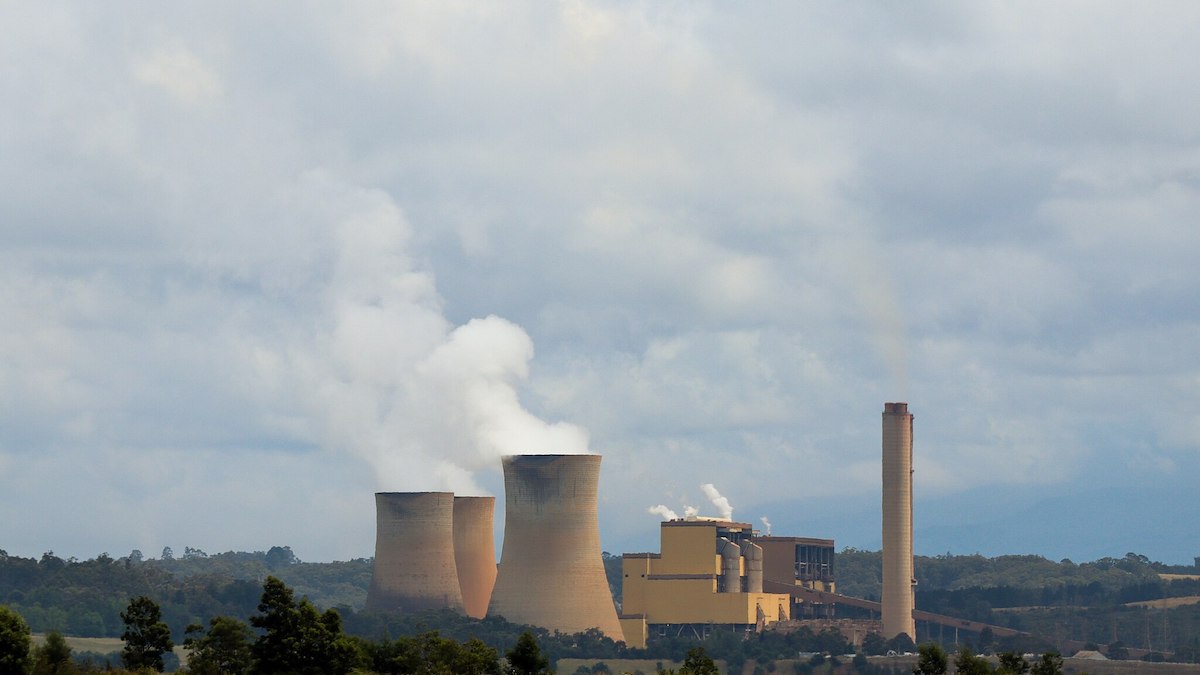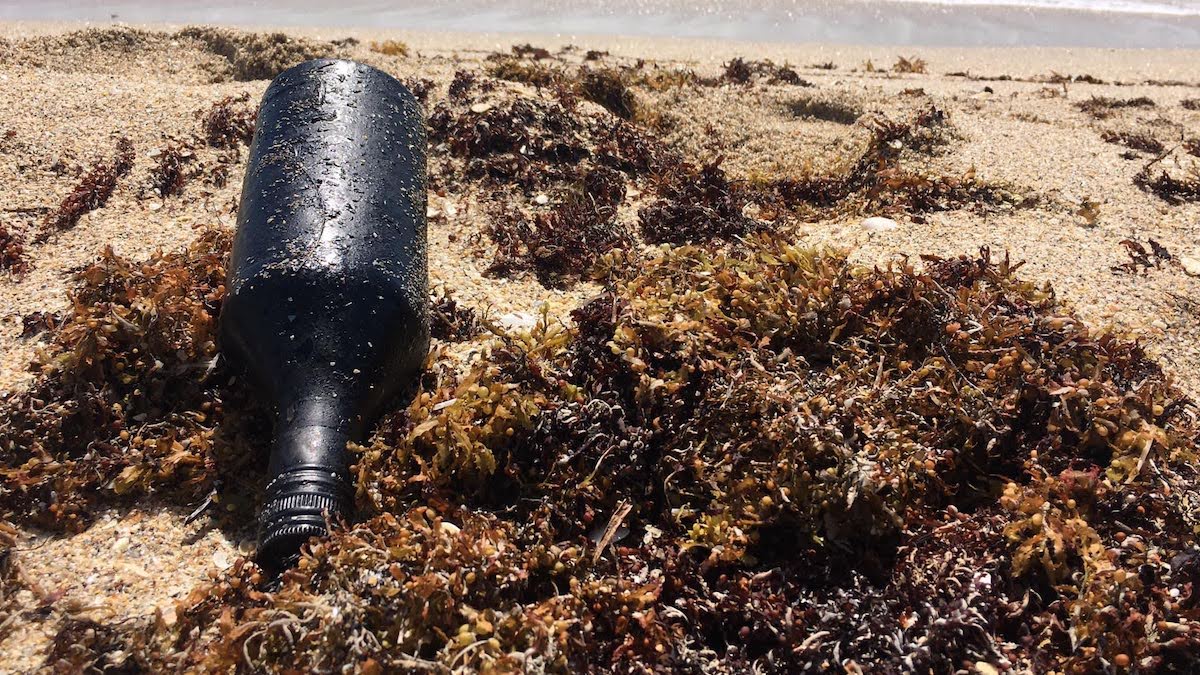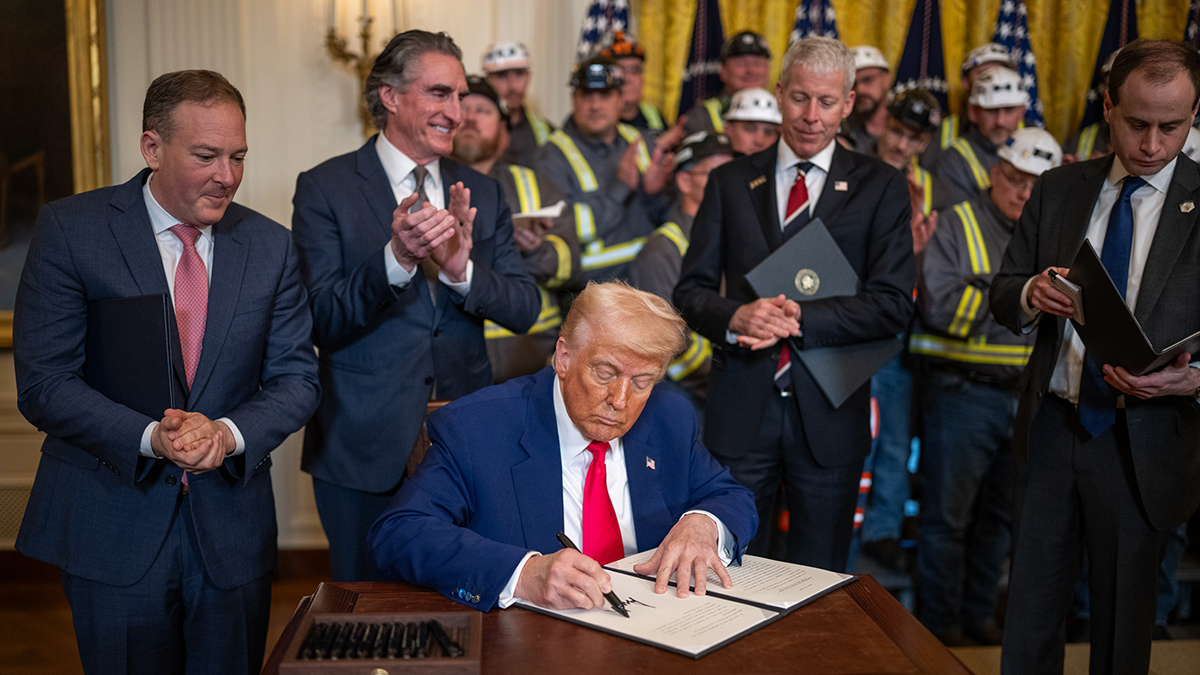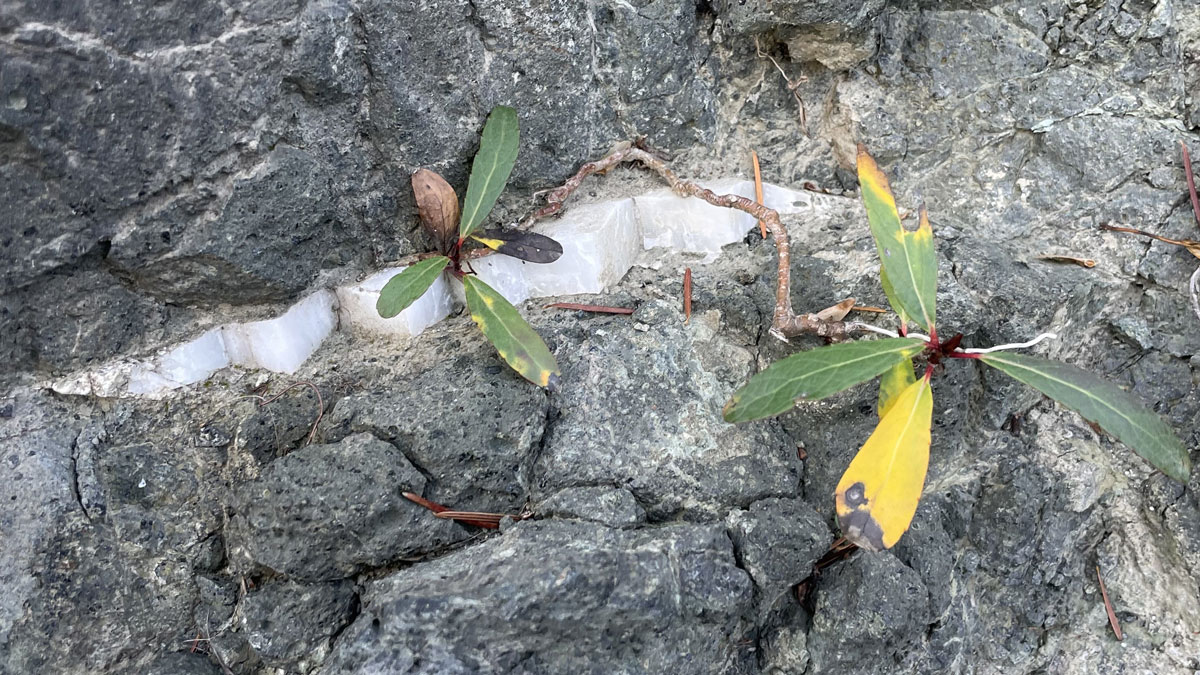At a 20 February event in Kentucky, the Trump administration announced plans to loosen pollution restrictions for coal-burning power plants, including limits on emissions of mercury, a hazardous neurotoxin.
fossil fuels
Plastic Debris Helps Oil Residues Reach Farther Across the Ocean
Scientists matched oil residues found in Florida to a Brazilian spill thousands of miles away.
The State of the Science 1 Year On: Climate Change and Energy
Trump’s first year in office has reversed many climate policy decisions and aggressively advanced fossil fuel interests.
In 2025, the Ocean Stored a Record-Breaking Amount of Heat, Again
The ocean soaked up more heat last year than any year since modern measurements began around 1960, according to a new analysis published in Advances in Atmospheric Science.
Trump Pulls United States Out of International Climate Efforts “Contrary” to National Interests
In an executive order issued on 7 January, the White House ordered the country’s withdrawal from 66 international agreements determined to be “contrary to the interests of the United States,” including two global efforts to combat climate change: the United Nations Framework Convention on Climate Change (UNFCCC) and the Intergovernmental Panel on Climate Change (IPCC).
Trump Proposes Weakening Fuel Economy Rules for Vehicles
At the White House today, President Donald Trump announced his administration would “reset” vehicle fuel economy standards. Trump said the administration plans to revoke tightened standards, also known as Corporate Average Fuel Economy (CAFE) standards, set by President Joe Biden in 2024.
Global Methane Emissions Projected to Fall, According to United Nations Report
The world has made significant progress on methane mitigation since 2020, though meeting the goals of a major international pledge will require additional action, according to a United Nations Environment Programme (UNEP) report.
UN Emissions Gap Report: Despite Progress, World Still Far Behind Climate Targets
Current emissions trajectories are on track to warm the world by as much as 2.8°C (5.04°F) above preindustrial levels by 2100, according to a report released today by the United Nations Environment Programme (UNEP).
2025 State of the Climate Report: Our Planet’s Vital Signs are Crashing
A yearly analysis of climate change’s progress and effects shows a “planet on the brink” of ecological breakdown and widespread crisis and suggests that only rapid climate mitigation able to avoid the worst consequences.
Verdaderas soluciones climáticas están debajo de nosotros
Es momento de aceptar que el almacenamiento duradero de carbono en el subsuelo, junto con la reducción de emisiones, debe ser parte del plan para mitigar los efectos del cambio climático, y las geociencias deben desempeñar un papel central.










